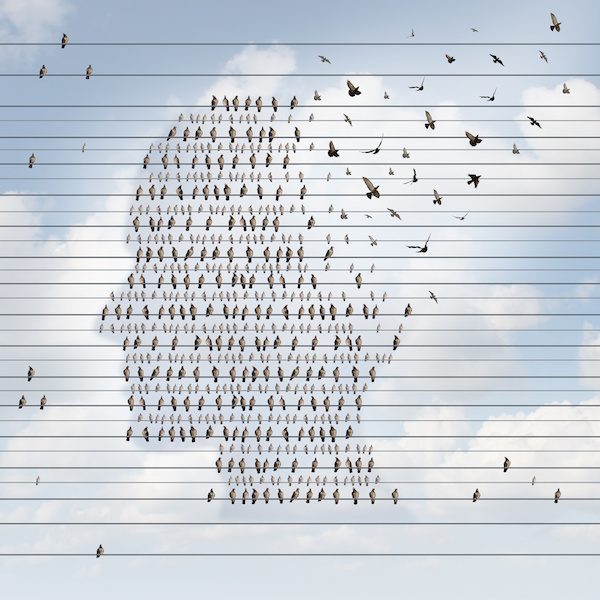
WEDNESDAY, March 20 (HealthDay News) — Taking antidepressants during pregnancy does not have an impact on an infant’s growth during the first year of life, a new study says.
Previous research suggested that depression during pregnancy could slow infant growth, but there were concerns that prescribing antidepressants to pregnant women might also hinder a baby’s physical development.
In this study, Northwestern University researchers found that infants born to mothers who took selective serotonin reuptake inhibitor (SSRI) antidepressants during pregnancy had a similar weight, length and head circumference over the first year as babies born to mothers who did not have depression and did not take antidepressants during pregnancy.
The infants whose mothers took antidepressants were shorter at birth, but that difference vanished by the time they were 2 weeks old, the study authors reported.
The investigators also found that the growth of infants born to depressed women who did not take SSRIs was similar to infants in the general population.
The study was released online March 20 in advance of publication in an upcoming print issue of the American Journal of Psychiatry.
“Most women want to know about the effect of their depressive illness or the medication they take during pregnancy not only on the infant at birth, but also on the baby’s longer-term growth and development,” lead author Dr. Katherine Wisner said in a university news release. “This information may help women balance the risks and benefits of continuing their antidepressant treatment during pregnancy.”
Depression can harm both a mother’s and infant’s health, noted Wisner, director of Northwestern’s Asher Center for the Study and Treatment of Depressive Disorders, and a professor of psychiatry and behavioral sciences and of obstetrics and gynecology at Northwestern University Feinberg School of Medicine.
Depression in mothers is associated with premature birth and low infant birth weight, which increases the child’s risk of heart disease. Depression also affects the mother’s appetite, nutrition and prenatal care, and is associated with increased alcohol and drug use, Wisner said.
More information
The U.S. Office on Women’s Health has more about pregnancy and depression.

